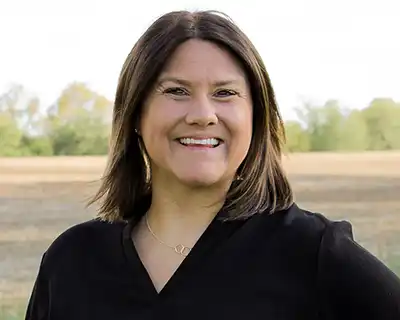
The Trust In Food team was excited to be in Washington, D.C. this week with our partners to socialize the work of America’s Conservation Ag Movement and the importance of the private sector in helping producers engage with climate-smart solutions.
There is a collective need to scale practices and enroll new producers in climate-smart programs during the next 3-5 years, and doing that requires the ingenuity, agility and resources of the private sector.
As a coalition grounded in agriculture, ACAM believes that USDA, policymakers and the private sector can make effective and rapid progress by staying in close dialogue and leveraging each other’s strengths. We see several areas for enhanced cooperation and support:
ACCELERATING INNOVATION AND NEW SOLUTIONS. Climate-smart agriculture requires a broad range of new approaches and solutions. For producers to gain access to innovation at scale, a streamlined and agile approach to first trialing, and then integrating, these solutions into climate-smart practice codes is needed.
PAVING THE WAY FOR DATA. Data will power the climate-smart ag economy. Producers today have many considerations and reservations around data collection and sharing. Public-private cooperation is necessary to accelerate producers’ confidence in data tools and their ability to gather and integrate data into their operations.
REACHING NEW PEOPLE. Private sector tools and resources can help both USDA and the conservation community to better reach beyond those who have been involved with conservation agriculture to date, especially Historically Underserved producers, as well as to understand their unique needs.
Are there other ways you and your organization are working on public-private integration? I’d like to hear your ideas so we can expand the conservation community’s playbook. You can reach me at acole@farmjournal.com.



